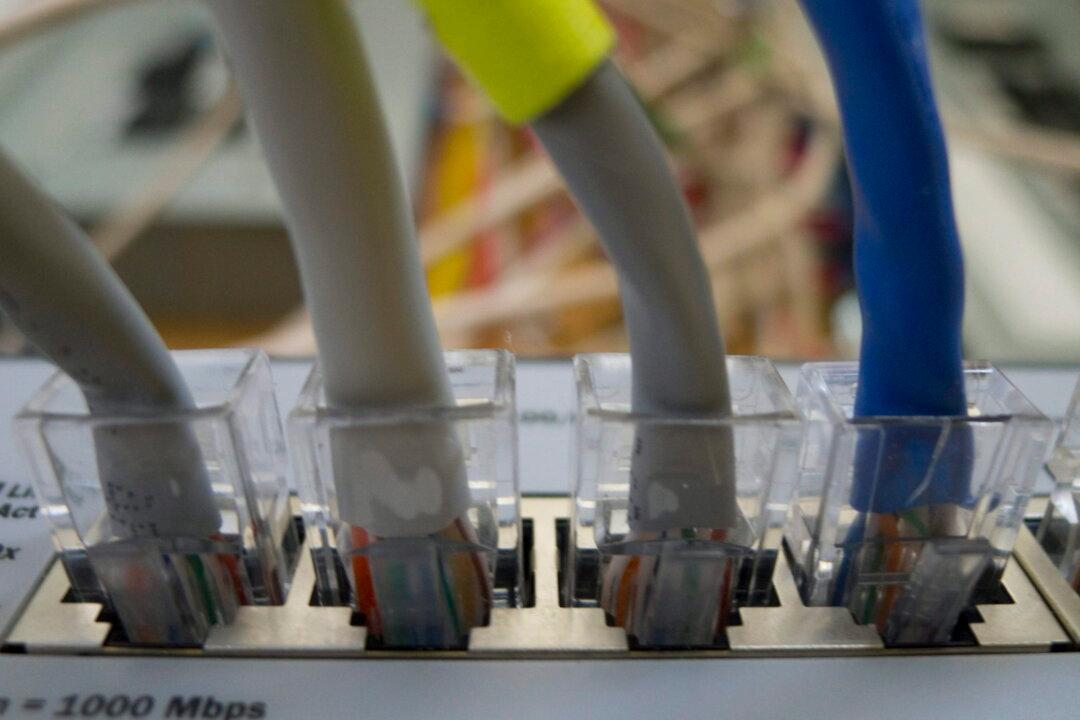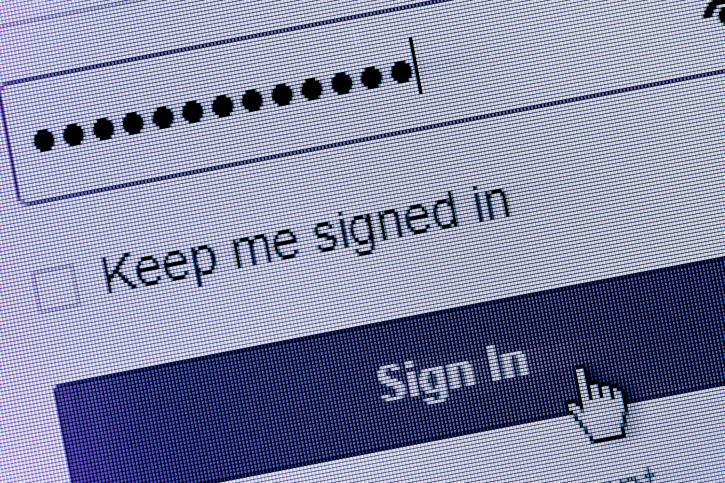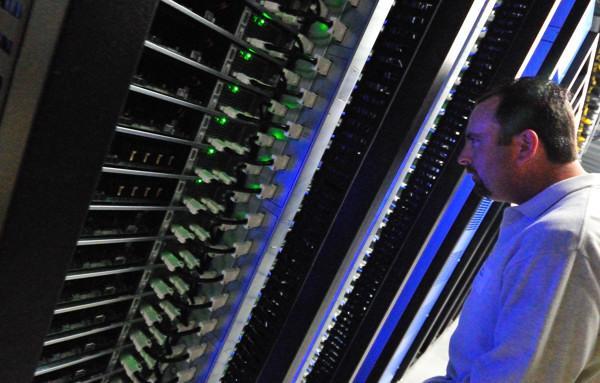Focus
Internet surveillance
LATEST
New Device Said to Bypass Internet Censorship, Lock Out Gov't Surveillance
Four years in the making, the Anonabox is “a networking device that provides anonymous Internet access and encryption, and helps to bypass censorship in places where access to the Internet is limited.” Built to run on the “deep-Web” Tor networks, all traffic coming in and going out of your device is securely encrypted from interception by authorities.
|
Privacy Tools: How to Block Online Tracking
Here’s how to protect your privacy online. Many sites track user behavior using a variety of invisible third-party software. This means any time you visit a web page, you’re likely sharing data about your online habits, from clicks to views or social shares, whether you realize it or not.
|
How the Government Can Get Your Digital Data, What Exactly the Law Says
Here’s a look at how U.S. law enforcement accesses people’s emails, text messages, and more without a warrant and what exactly the law says about it.
|
House Amendment Bars NSA From Meddling With Encryption Standards
An amendment designed to bar the National Security Agency from undermining encryption standards was approved by the House last night.
|
From Syria to China, Cisco Stonewalls on Inquiries Into Surveillance Projects
Like other “networking giants” in the industry it leads, Cisco Systems does business with governments and private sector entities around the world. It is not particular about its customers, which have included some of the world’s most repressive regimes. Yet neither is it forthcoming about just how the company delivers its products and services—often extremely sophisticated, cutting-edge networking “Solutions,” as Cisco describes them—to states where such technology may be used for internal repression.
|
Privacy Act Ignores Reckless and Expensive Government Surveillance
This week, Industry Minister James Moore quietly tabled a new Digital Privacy Act in the Senate. The proposed legislation should safeguard Canadians’ privacy online but sadly does not. The proposal is likely to reinforce the feeling that the Conservatives are just bad on privacy issues despite privacy’s increasing importance to daily life and our digital economy.
|
New Device Said to Bypass Internet Censorship, Lock Out Gov't Surveillance
Four years in the making, the Anonabox is “a networking device that provides anonymous Internet access and encryption, and helps to bypass censorship in places where access to the Internet is limited.” Built to run on the “deep-Web” Tor networks, all traffic coming in and going out of your device is securely encrypted from interception by authorities.
|
Privacy Tools: How to Block Online Tracking
Here’s how to protect your privacy online. Many sites track user behavior using a variety of invisible third-party software. This means any time you visit a web page, you’re likely sharing data about your online habits, from clicks to views or social shares, whether you realize it or not.
|
How the Government Can Get Your Digital Data, What Exactly the Law Says
Here’s a look at how U.S. law enforcement accesses people’s emails, text messages, and more without a warrant and what exactly the law says about it.
|
House Amendment Bars NSA From Meddling With Encryption Standards
An amendment designed to bar the National Security Agency from undermining encryption standards was approved by the House last night.
|
From Syria to China, Cisco Stonewalls on Inquiries Into Surveillance Projects
Like other “networking giants” in the industry it leads, Cisco Systems does business with governments and private sector entities around the world. It is not particular about its customers, which have included some of the world’s most repressive regimes. Yet neither is it forthcoming about just how the company delivers its products and services—often extremely sophisticated, cutting-edge networking “Solutions,” as Cisco describes them—to states where such technology may be used for internal repression.
|
Privacy Act Ignores Reckless and Expensive Government Surveillance
This week, Industry Minister James Moore quietly tabled a new Digital Privacy Act in the Senate. The proposed legislation should safeguard Canadians’ privacy online but sadly does not. The proposal is likely to reinforce the feeling that the Conservatives are just bad on privacy issues despite privacy’s increasing importance to daily life and our digital economy.
|










